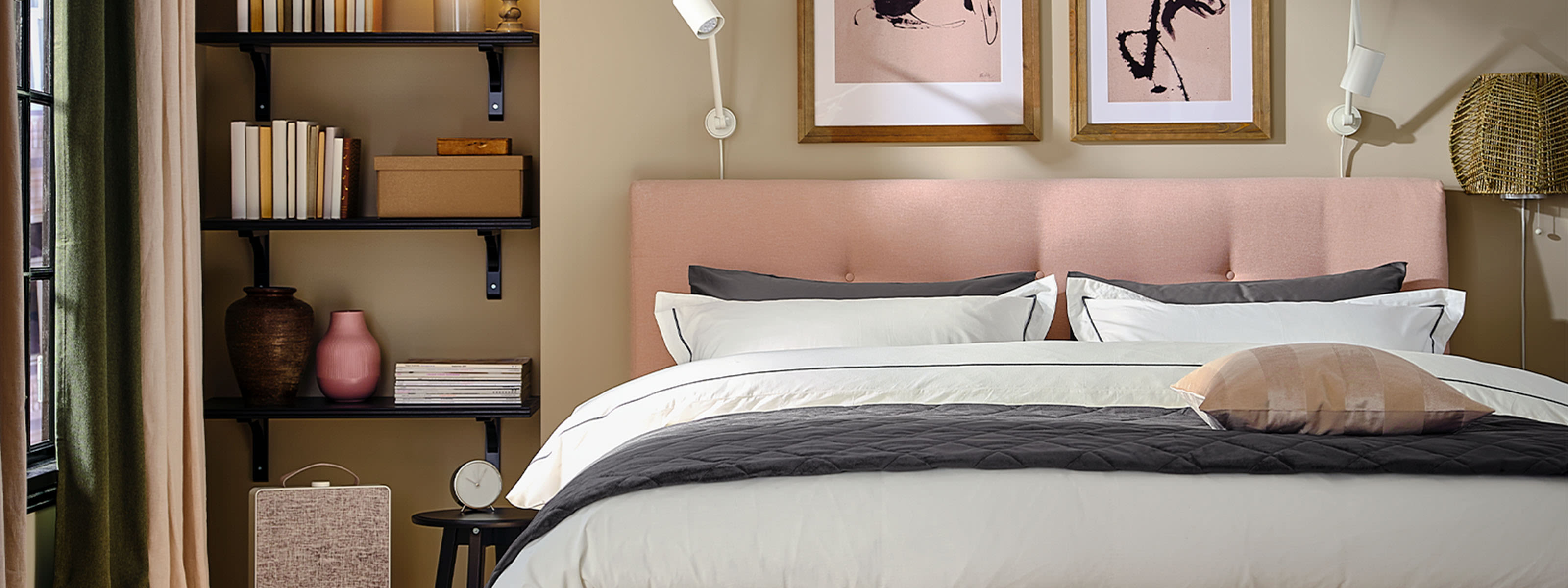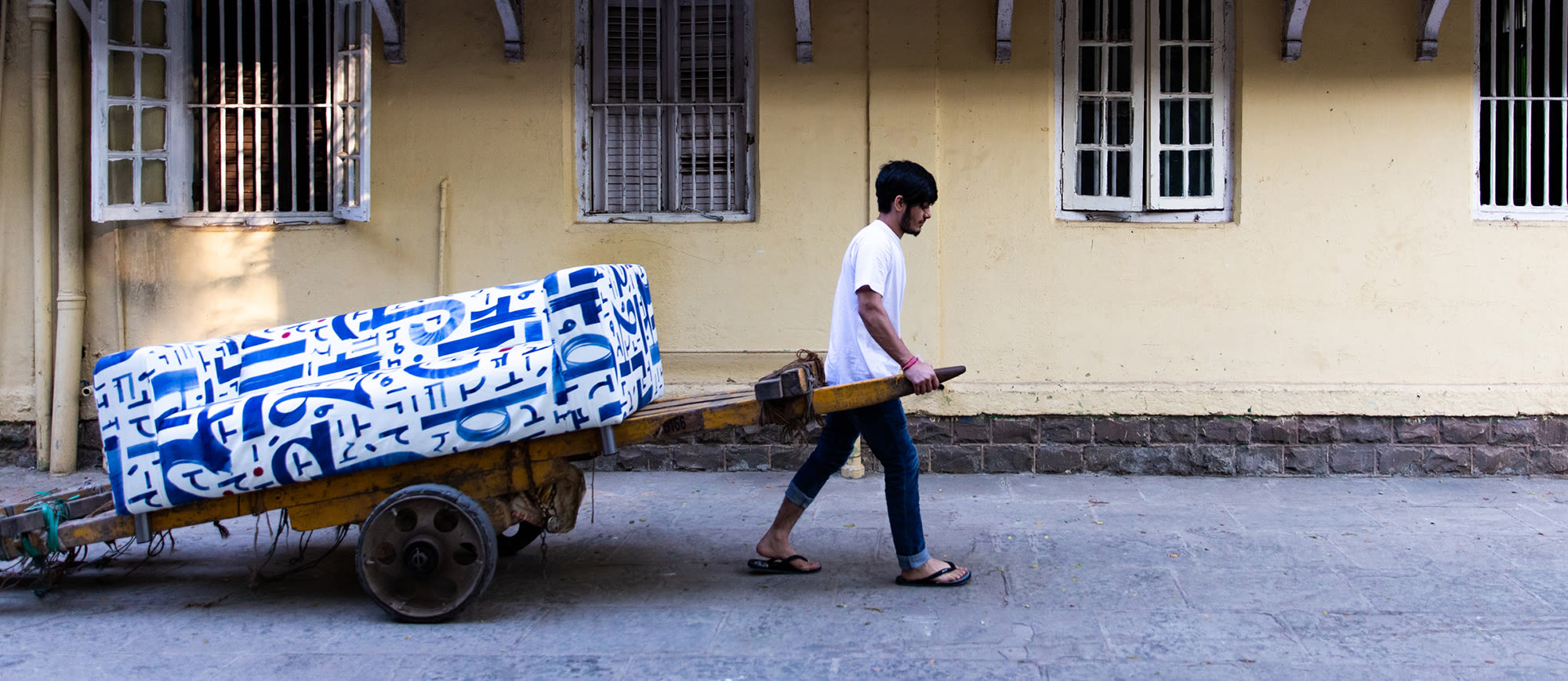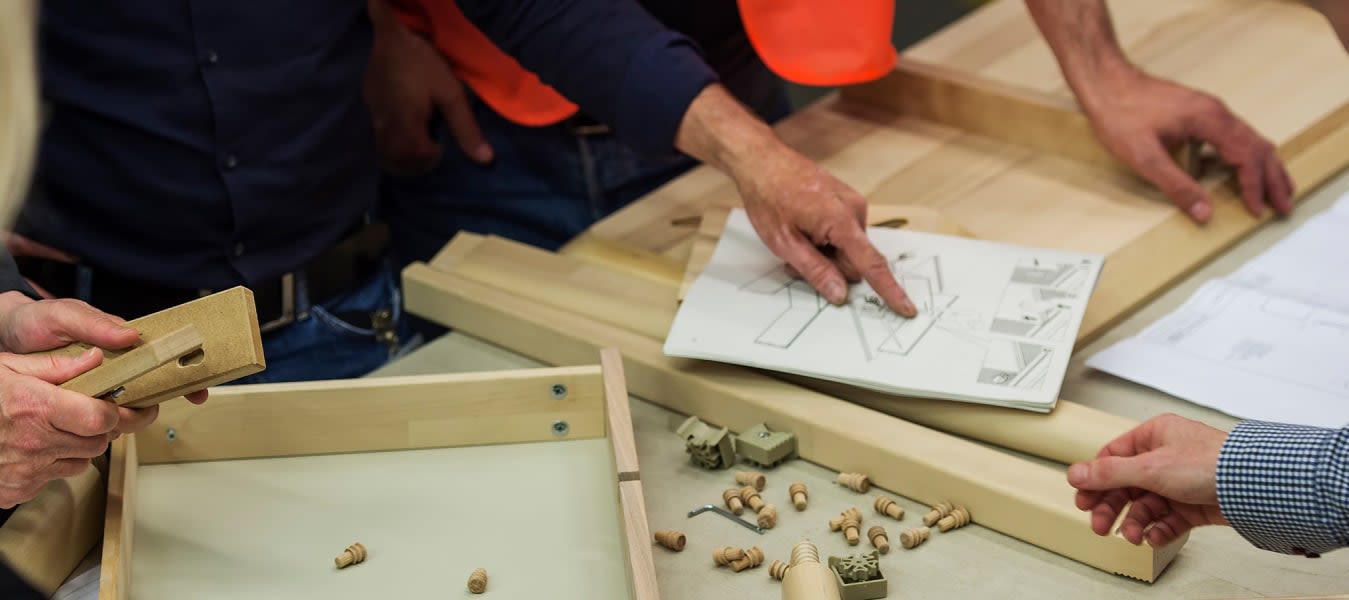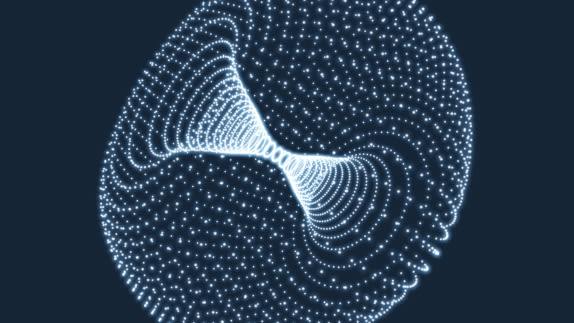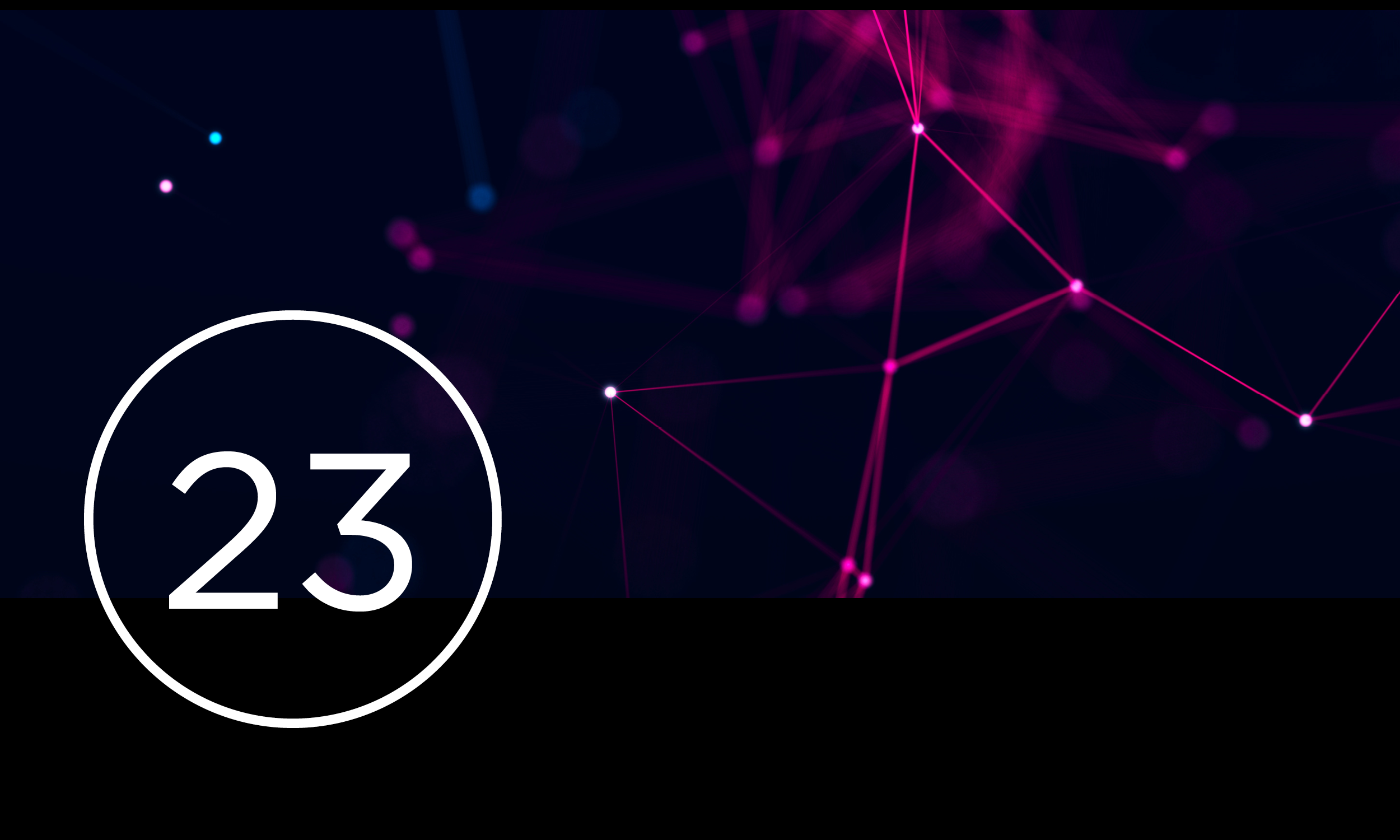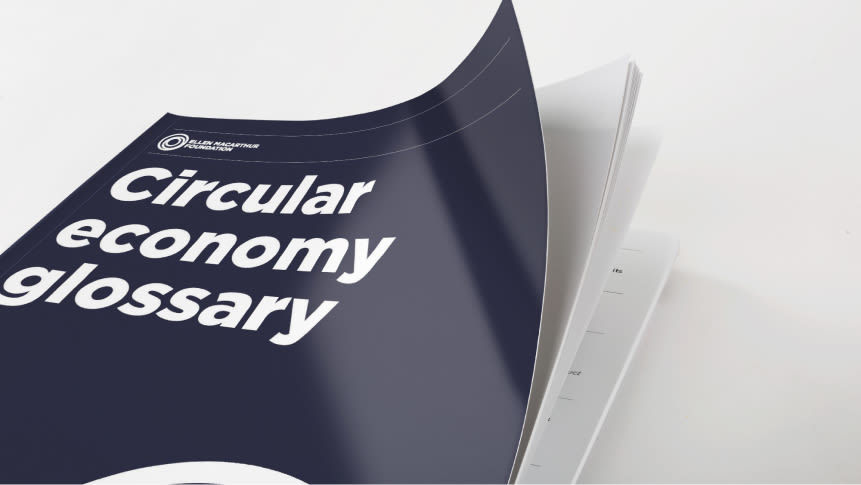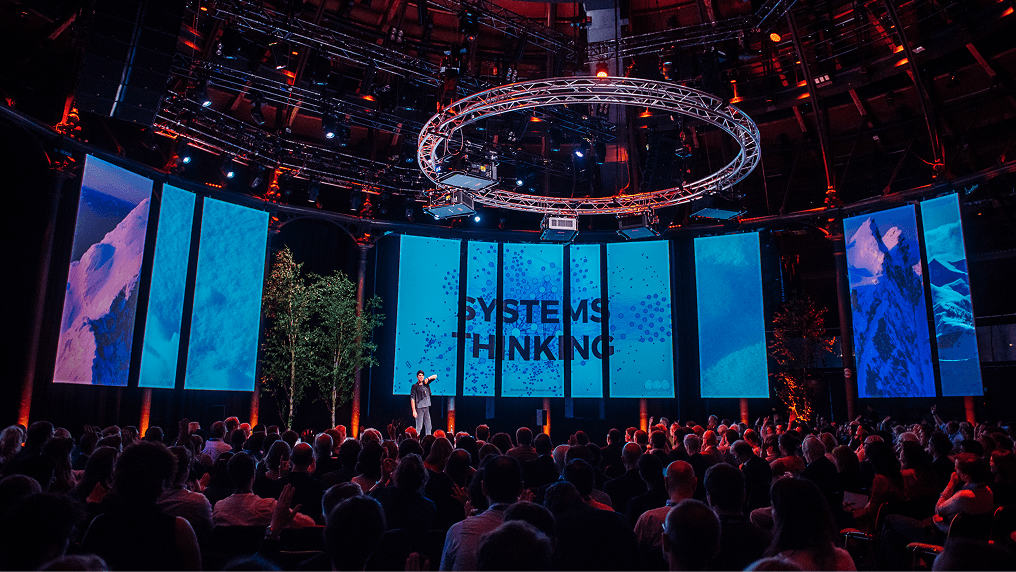
Membership status: Partner
Founded in 1943 as a small mail-order catalogue in Älmhult, Sweden, where its design headquarters are still located, IKEA is a global home furnishing brand with a unique franchise system business model and integrated value chain. It includes product development, design, supply, manufacture, and sales of ready-to-assemble furniture, home accessories, food, and other products.
Through the Inter IKEA Group, IKEA joined the Foundation’s Network in 2020.
Key areas of IKEA’s circular economycircular economyA systems solution framework that tackles global challenges like climate change, biodiversity loss, waste, and pollution. It is based on three principles, driven by design: eliminate waste and pollution, circulate products and materials (at their highest value), and regenerate nature. work include working with the Foundation to develop a Circular Economy Glossary, to establish a common language and definitions of circular economy terms that can be used and understood by all, working with policymakers to accelerate the transition, and developing new services that allow customers to acquire, care for, and pass on products in circular ways. IKEA also focuses on circular design, advocating for new approaches and inspiring a new generation of designers – working with the Foundation’s Circular Design Leaders group and as part of the Circular Design Now campaign.
The circular economy is one of three focus areas in IKEA’s sustainability strategy. Its 2018 sustainability commitments include becoming a circular business and climate positive by 2030.
